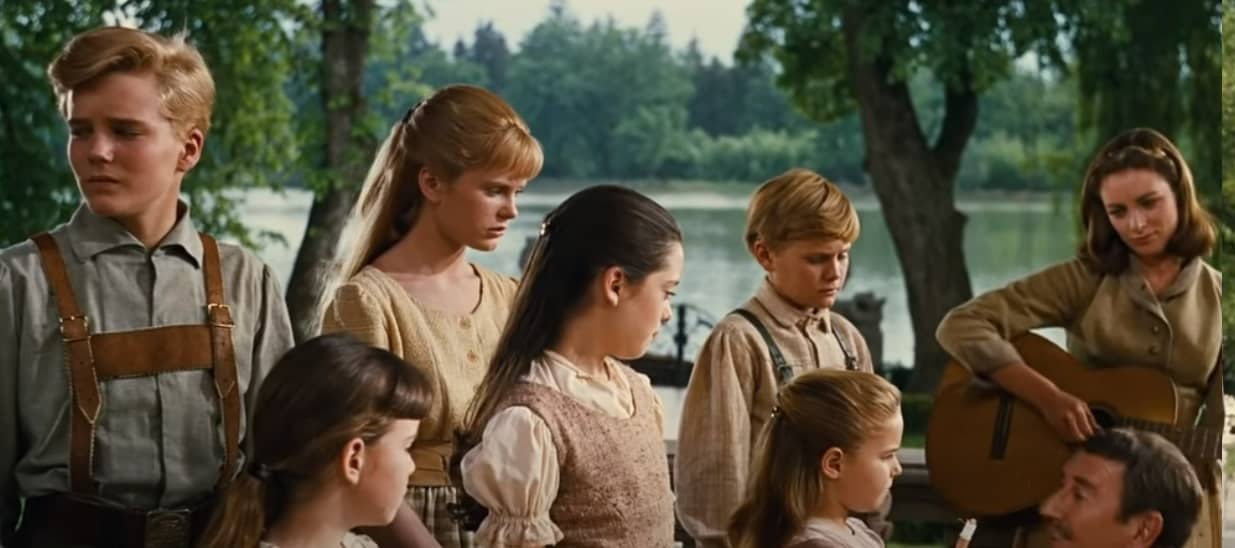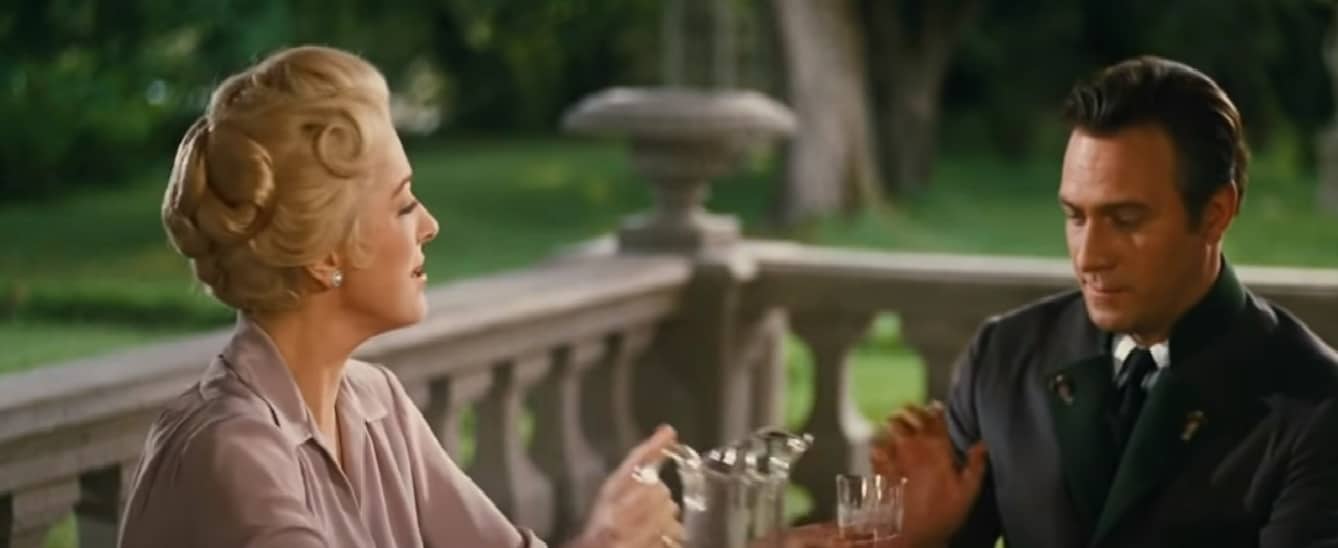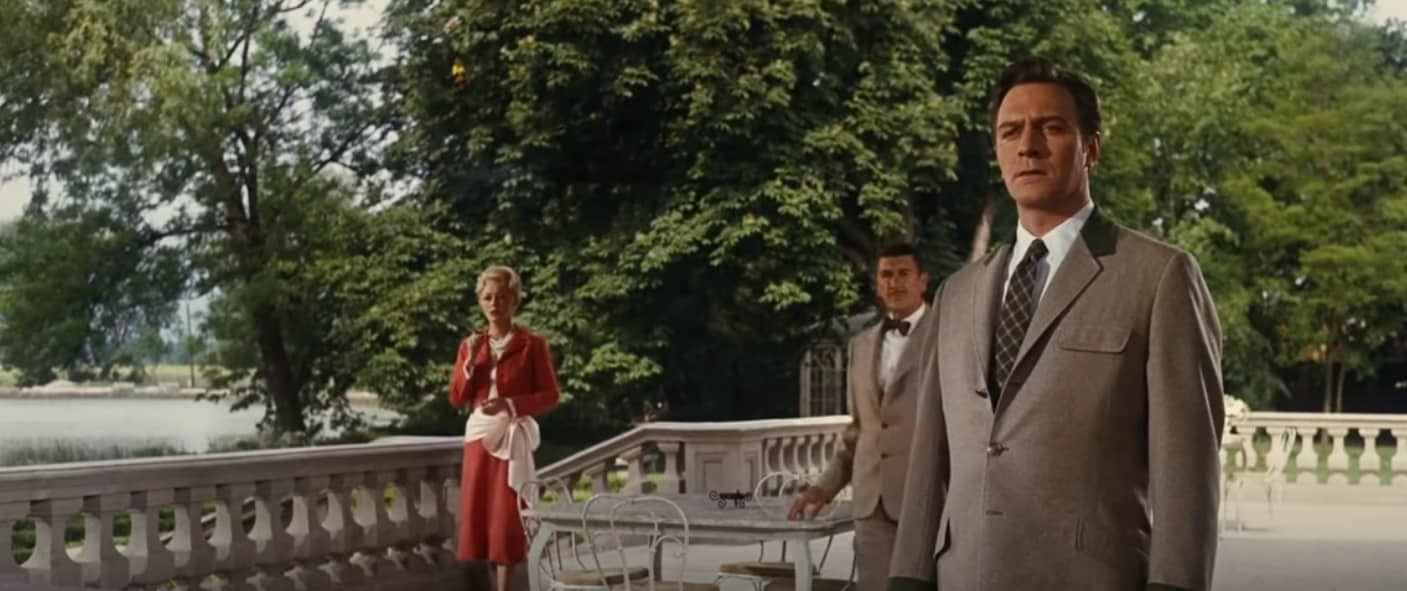The Sound of Music, an American musical film first produced in 1965 and enjoyed widespread acclaim, held the record for the highest box office earnings for five years. It’s stunning photography and numerous catchy tunes, like “My Favorite Things” and the title song, made it a timeless classic.
The movie lasted almost three hours, was nominated for ten Academy Awards, and took home five of them, including best picture and Director. While some viewers recall it as one of their favorite films to this day, others have reservations about the film’s ending. This post will reveal everything we know about the film’s finale in our “sound of music ending explained.”
Also read: When Did Kelso and Jackie Break Up and Got Back Together?
What is the premise of The Sound of Music?
The Sound of Music is said to be set in the late 1930s and has a grand vista of the Austrian Alps and the melodious singing of a little girl named Maria (Julie Andrews). She rushes back to the monastery when she hears church bells, but she gets there too late for the ceremony.

She attempts to clarify herself to Sister Abbess (played by Peggy Wood), who informs her that she will be serving as the nanny for the seven children of Captain Georg von Trapp, a widowed former naval officer (portrayed by Christopher Plummer).
When Maria arrives to start her job, she finds out that the captain demands military discipline from both Maria and his children. The oldest, Liesl, goes outside after supper to meet with Rolfe, the telegraph messenger.
The kids connect with Maria quickly because of her warmth and generosity. The skipper departs for Vienna the following day. Maria decides to teach the kids a song to welcome the baroness after knowing he will return with Baroness Elsa, whom he wishes to marry.
The kids and Maria are in a boat on the water behind the home when the captain and baroness, together with their pal Max Detweiler, arrive. When the children see the captain, they flip the boat over.
When the kids begin singing for the baroness, the captain changes his mind about firing Maria. The captain declines Max’s suggestion to enter the kids in the forthcoming Salzburg Festival. However, he agrees to host a ball.
The baroness notices the captain dancing with Maria at the ball and understands they are attracted to one another. She admits to Maria that she believes Maria is in a relationship with the captain. Maria packs her bags and goes back to the abbey, horrified.
They are on their honeymoon when Nazi Germany invades Austria (the Anschluss). Rolfe offers Liesl a telegram to deliver to her dad upon his arrival while Max is practicing the kids for the Salzburg Festival.
The captain receives a telegram that he must report for service the following day with the German navy. The captain and Maria decide how the family must depart Austria that evening.
Herr Zeller’s (played by Ben Wright) Nazi troops, nevertheless, grab them as they push their automobile away from the residence. They are being escorted to the Salzburg Festival by Nazis. The Nazis pursue them as they hide in the tombs. The Nazi soldiers are spotted by Rolfe, who is with them.

After letting them flee, he shouts that he has seen her. The Nazis cannot catch up with the von Trapps because two nuns have disabled the caretaker’s vehicle.
The Sound of Music’s Ending Explained
To avoid being inducted into the Nazi army, the Trapp family flees from Austria and arrives in Switzerland in the last scene of “The Sound of Music.” Father von Trapp guides the family members in chanting “Edelweiss,” which symbolizes defiance against the Nazis, while they hide in the abbey where Maria served as a nun in the movie.
The family leaves after the song and travels on foot to Switzerland in the neighboring mountains. The family ascends a mountain pass in the movie’s closing shot, suggesting they have managed to flee.
The Von Trapp family is expected to triumph at the film’s conclusion because they overcame many difficulties and barriers to find freedom and security. The concept that the family’s escape is both a personal and a political achievement is strengthened by using “Edelweiss” as an expression of resistance against the Nazis.
Also read: Before I Wake Movie Ending Explained: Embracing the Fears.





